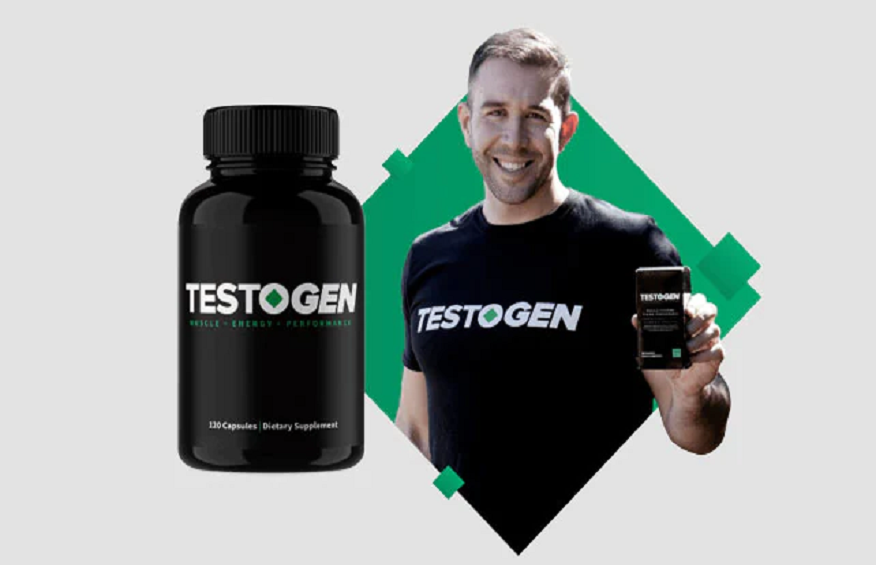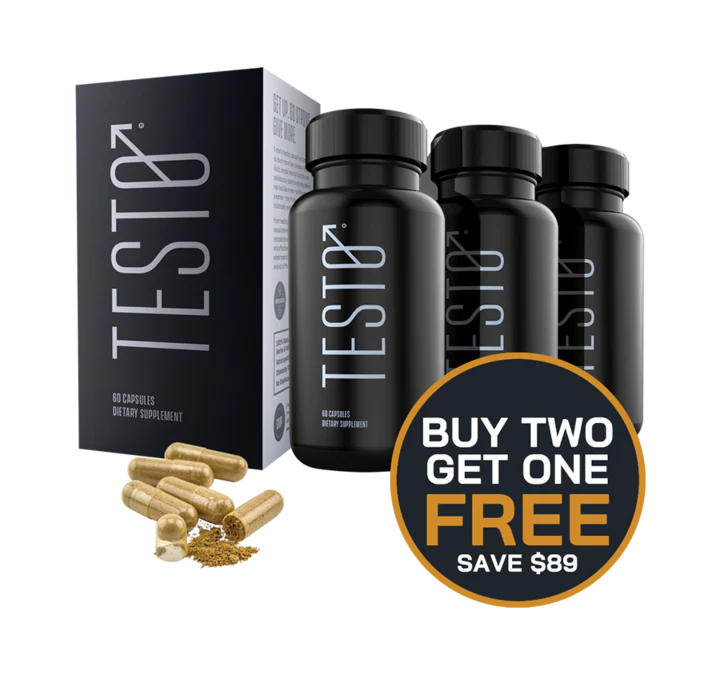As we delve into the realm of supplemental testosterone, it’s crucial to shine a light on the prevalent misconceptions and myths surrounding this topic. With its increasing popularity, addressing these myths becomes paramount for individuals and businesses seeking clarity on the subject.
This blog will debunk six common myths about Supplemental Testosterone, comprehensively understand its uses, and dispel misconceptions that may hinder informed decision-making.
Myth 1: “Supplemental Testosterone is Only for Bodybuilders”
Supplemental testosterone has a much broader scope than is often perceived. It is not exclusively reserved for bodybuilders but is rather prescribed for various medical conditions. Low testosterone levels in men can significantly impact energy, mood, and overall well-being, necessitating the use of supplemental testosterone for therapeutic purposes. This dispels the myth that its use is solely limited to bodybuilders, highlighting its essential role in addressing medical needs beyond fitness and bodybuilding.
Myth 2: “Testosterone Supplements Are Always Harmful”
The notion that testosterone supplements are invariably harmful is a misconception that requires clarification. When administered under medical supervision, testosterone supplements can indeed be safe and beneficial for individuals with clinically diagnosed low testosterone levels. However, it is pivotal to acknowledge the potential risks associated with the misuse or abuse of testosterone supplements, emphasising the importance of responsible and regulated usage under professional guidance.
Myth 3: “Supplemental Testosterone Leads to Aggression”
Contrary to the myth perpetuated by popular belief, responsible use of supplemental testosterone does not inevitably lead to unwarranted aggression. While there are associations between testosterone and certain behaviours, it is essential to dispel the notion that supplemental testosterone always results in aggression. The nuanced effects of testosterone on behaviour underscore the significance of informed and responsible usage, steering clear of misconceptions surrounding its influence on aggression.
Myth 4: “Testosterone Replacement Therapy Is Only for Older Men”
The misconception that testosterone replacement therapy is exclusively for older men neglects the fact that low testosterone levels can affect individuals across various age groups. It is imperative to recognise that men of all ages may require treatment for low testosterone levels, emphasising the need for personalised healthcare interventions based on individual needs rather than age-based generalisations. Addressing symptoms of low testosterone in younger men underscores the broader applicability of testosterone replacement therapy, debunking the myth that it is confined to older demographics.
Myth 5: “All Testosterone Supplements Are the Same”
The diversity of testosterone supplements extends beyond a singular, homogenous entity. Various forms, such as gels, injections, and patches, cater to individual preferences and medical needs, thereby debunking the misconception that all testosterone supplements are uniform. Recognising the distinct properties and administration methods of different supplements underscores the personalised approach required to determine the most suitable supplementation based on individual circumstances, dispelling the myth of uniformity in testosterone supplements.

Myth 6: “Natural Methods Can Always Boost Testosterone Levels”
While natural methods like exercise and diet can positively influence testosterone levels, it is essential to acknowledge that these approaches may not universally suffice for addressing low testosterone levels. Dispelling the myth that natural methods are always adequate for boosting testosterone levels emphasises the necessity of consulting healthcare professionals to assess individual needs for supplemental testosterone. This underscores the significance of personalised healthcare guidance in navigating the complexities of testosterone supplementation, debunking the oversimplified notion of universal efficacy in natural methods.
Conclusion
In conclusion, debunking the prevalent myths and misconceptions surrounding supplemental testosterone is pivotal in fostering informed decision-making and dispelling unfounded beliefs. The comprehensive understanding provided in this blog empowers individuals and businesses with the knowledge necessary to approach the subject of supplemental testosterone with clarity and discernment.
It is essential to encourage readers to seek professional advice and guidance if considering supplemental testosterone, reiterating the significance of informed decisions in matters concerning personal Health and well-being. By dispelling misconceptions and fostering informed awareness, we pave the way for a more nuanced and discerning approach to the multifaceted realm of supplemental testosterone.







